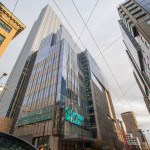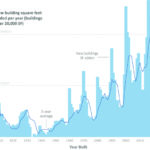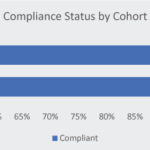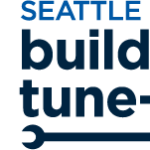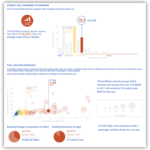2021 Energy Benchmark Reports Due July 1
Note: This deadline has passed. Energy performance (benchmarks) for the 2021 calendar year must be updated in Portfolio Manager by July 1, 2022 for all multifamily and non-residential buildings 20,000 SF or larger. To be in compliance, your building’s Portfolio Manager account must be: Once you have completed all the… [ Keep reading ]
